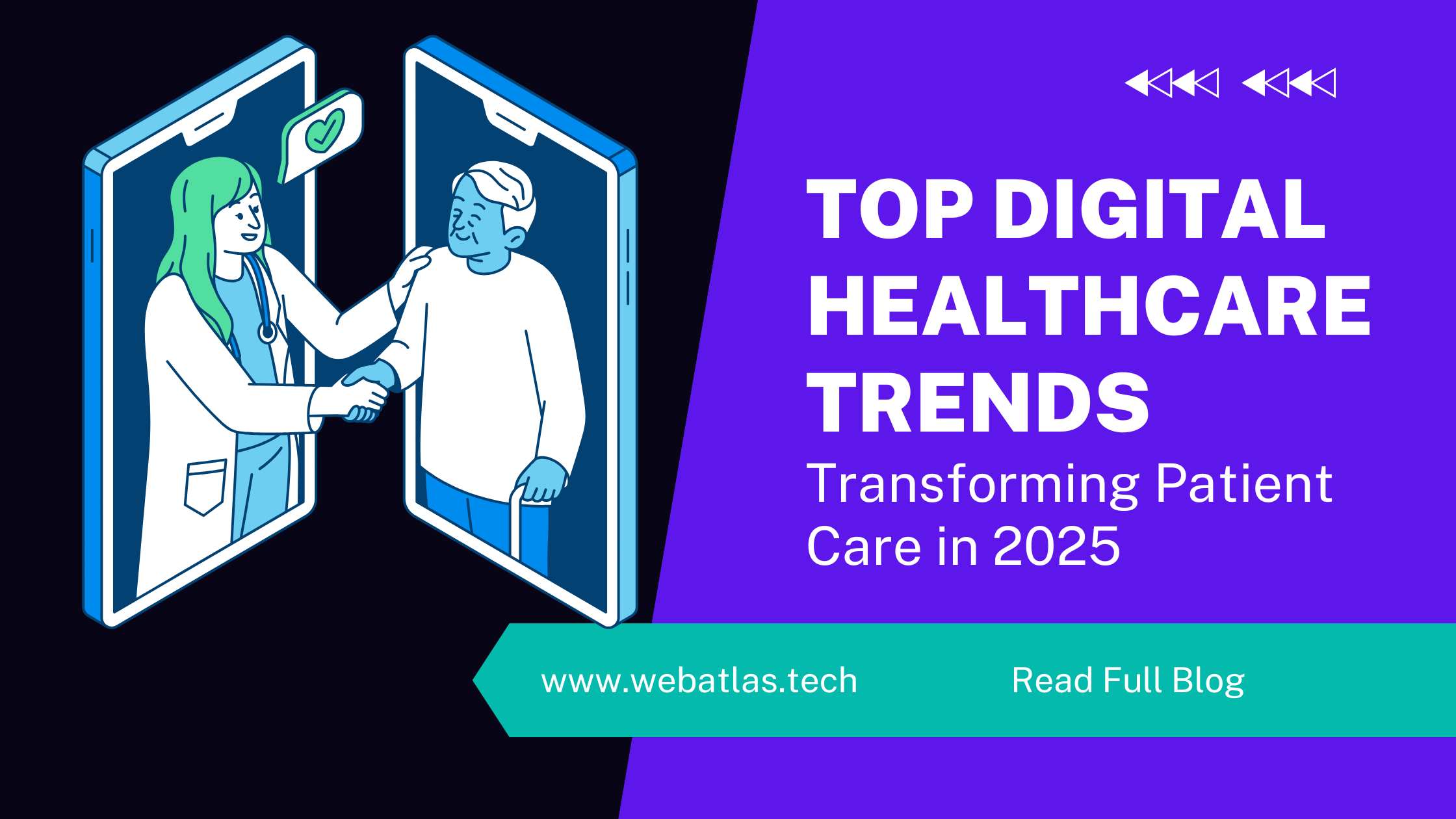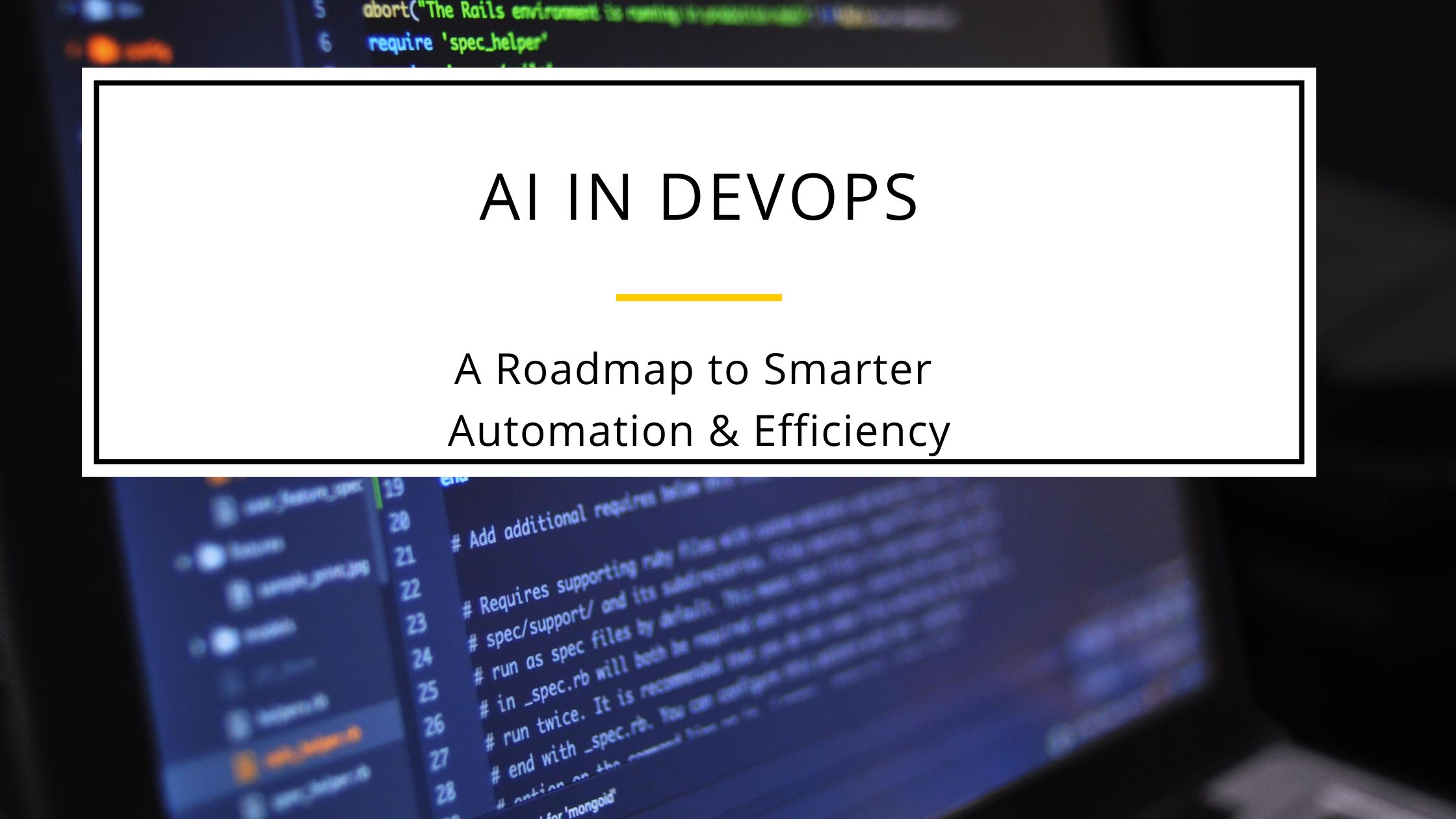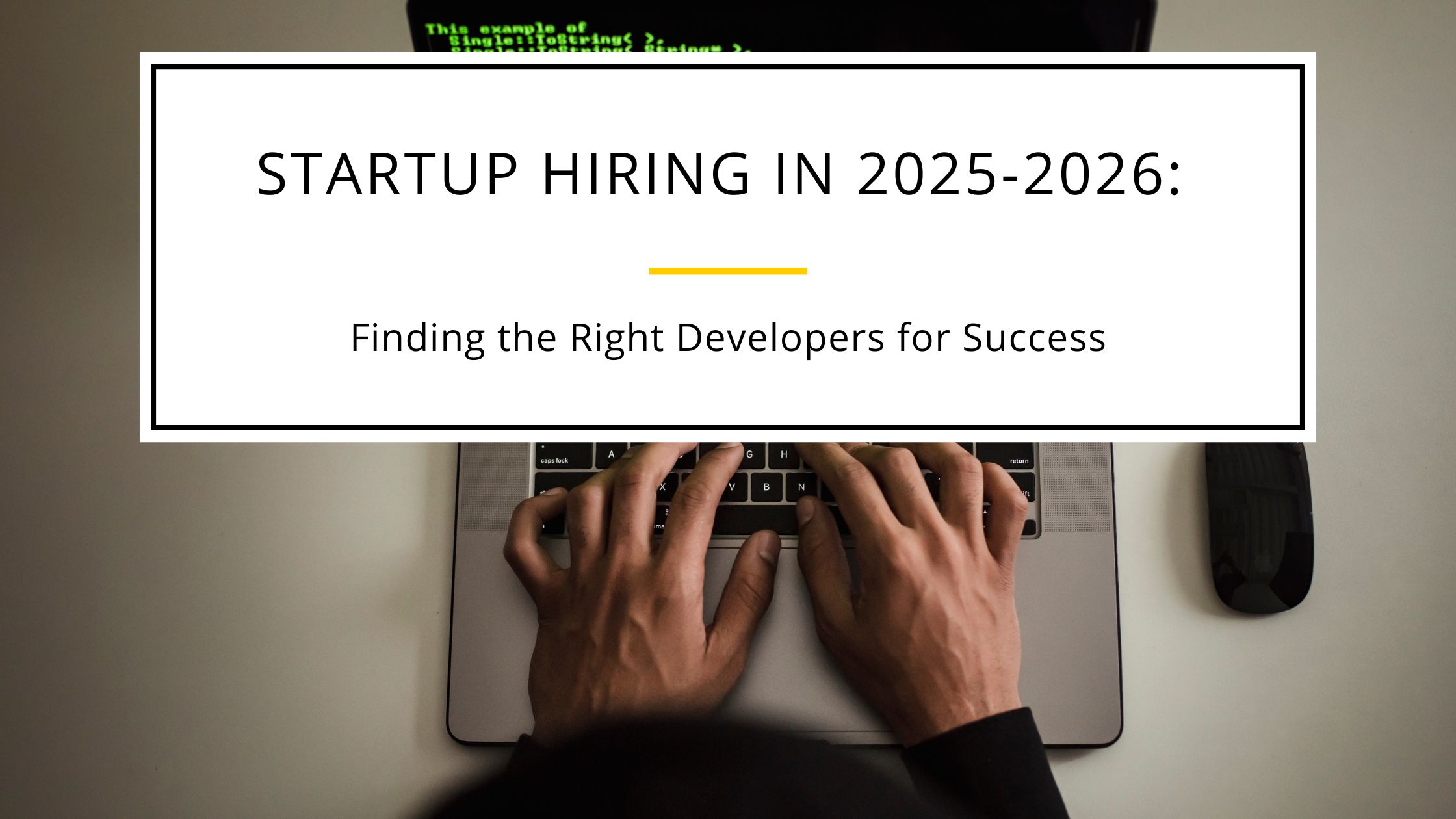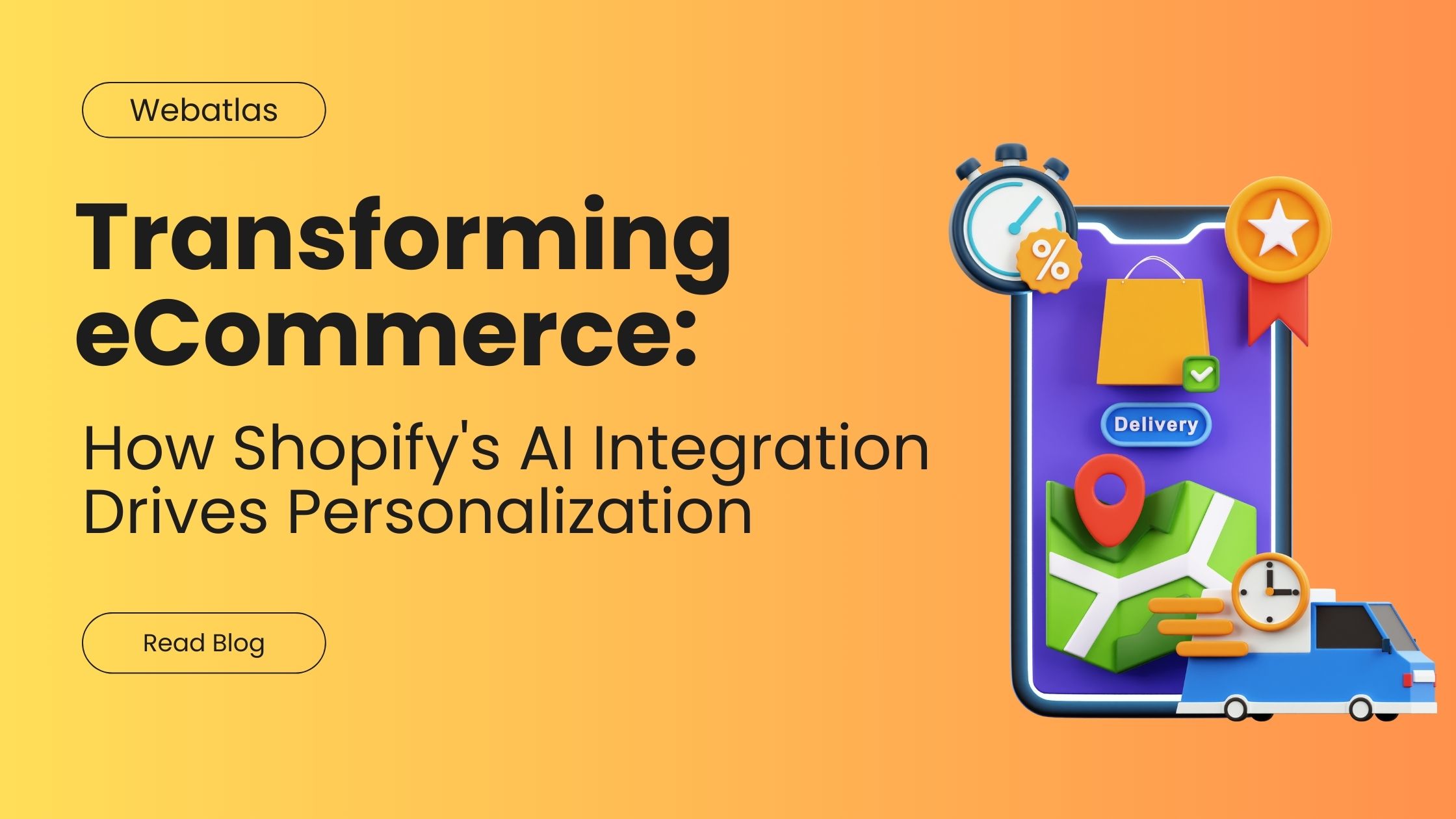Top Trends in Digital Healthcare for 2025 and Beyond

The healthcare industry is experiencing an unprecedented wave of digital transformation, fueled by advancements in technology and the increasing demand for personalized, accessible, and efficient care. As we approach 2025, digital healthcare continues to evolve, promising innovative solutions for patients, providers, and healthcare organizations. This article explores the top trends in digital healthcare for 2025 and beyond, highlighting the transformative potential of technology in reshaping the healthcare landscape.
The Rise of Telemedicine and Remote Care
Telemedicine has become a cornerstone of digital healthcare, particularly in the wake of the COVID-19 pandemic. By 2025, telemedicine is expected to further integrate with mobile app development services, offering patients seamless virtual consultations, remote monitoring, and real-time support. Key advancements include:
- Improved Telehealth Platforms: Enhanced user interfaces and AI-powered chatbots will make virtual consultations more intuitive and efficient.
- Remote Patient Monitoring (RPM): Wearable devices connected to mobile apps will collect and transmit vital health data, enabling early detection and proactive care.
Artificial Intelligence and Machine Learning in Healthcare
AI and machine learning are driving significant improvements in diagnostics, treatment, and administrative processes. By 2025, their integration into mobile app development services will expand, offering capabilities such as:
- Predictive Analytics: AI algorithms will analyze patient data to predict health risks and recommend preventive measures.
- Automated Diagnostics: Machine learning will enhance diagnostic accuracy, particularly in radiology, pathology, and dermatology.
- AI-Powered Virtual Assistants: These assistants will simplify appointment scheduling, medication reminders, and health tracking through personalized mobile apps.
Blockchain for Secure Medical Data
Data security remains a critical concern in digital healthcare. Blockchain technology is emerging as a solution for safeguarding patient information. In 2025, blockchain will likely revolutionize:
- Medical Record Storage: Decentralized ledgers will ensure tamper-proof and transparent storage of medical records.
- Data Interoperability: Blockchain will facilitate secure sharing of health data across providers, improving care coordination.
Personalized Medicine and Genomics
Advancements in genomics and data analytics are paving the way for personalized medicine. By leveraging mobile app development services, healthcare providers will be able to offer tailored treatments based on genetic profiles. Key developments include:
- Genetic Testing Apps: Mobile apps integrated with genetic testing services will offer personalized health insights.
- AI in Genomic Analysis: Machine learning algorithms will accelerate the interpretation of genetic data, enabling customized treatment plans.
Virtual Reality (VR) and Augmented Reality (AR)
VR and AR technologies are transforming medical training, diagnostics, and treatment. By 2025, their applications will expand to include:
- Surgical Simulations: VR will provide realistic training environments for surgeons, enhancing skills and reducing errors.
- AR in Diagnostics: AR tools will overlay diagnostic information on a patient’s body, aiding in precision medicine.
- Therapeutic Applications: VR-based therapies will be used to treat conditions such as PTSD, phobias, and chronic pain.
Internet of Medical Things (IoMT)
IoMT devices are becoming increasingly prevalent, connecting patients and providers in real-time. By 2025, IoMT will drive:
- Connected Healthcare Ecosystems: IoMT devices integrated with mobile apps will provide continuous health monitoring and data sharing.
- Improved Chronic Disease Management: Devices such as smart glucose monitors and heart rate trackers will help patients manage chronic conditions effectively.
The Role of Mobile Apps in Healthcare
Mobile app development services are revolutionizing how patients interact with healthcare systems. By 2025, healthcare apps will focus on:
- User-Centric Design: Simplified interfaces and personalized features will enhance user engagement.
- Health Tracking and Analytics: Apps will integrate with wearables to provide comprehensive health insights.
- Mental Health Support: Mobile apps offering mindfulness exercises, cognitive behavioral therapy, and virtual counseling will gain prominence.
Also Read- Native vs. Hybrid Apps: Which is Best for Your Business?
Cloud Computing and Big Data Analytics
Cloud-based platforms and big data analytics are enabling healthcare providers to handle vast amounts of information securely and efficiently. By 2025, advancements will include:
- Scalable Cloud Solutions: Cloud computing will support the growing data needs of healthcare organizations.
- Data-Driven Insights: Big data analytics will uncover trends and patterns to improve care quality and operational efficiency.
The Future of Wearable Technology
Wearable devices are becoming smarter and more versatile. By 2025, the focus will shift toward:
- Advanced Health Metrics: Devices will track new metrics such as hydration levels and blood oxygen saturation.
- Seamless App Integration: Wearables will sync effortlessly with healthcare apps for real-time updates and insights.
Digital Therapeutics (DTx)
Digital therapeutics are software-driven solutions for managing chronic diseases and mental health conditions. In the coming years, DTx will gain momentum through:
- Evidence-Based Interventions: Apps offering clinically validated therapeutic programs will be widely adopted.
- Integration with EHRs: Digital therapeutics will align with electronic health records for holistic care.
Expertise of Webatlas in Healthcare App Development
Webatlas, a leader in mobile app development services, is at the forefront of digital healthcare innovation. With years of experience and a proven track record, Webatlas specializes in:
- Custom Healthcare Apps: Tailored solutions that address unique patient and provider needs.
- Secure App Development: Ensuring compliance with HIPAA and other regulatory standards to protect patient data.
- Cutting-Edge Technologies: Leveraging AI, IoT, and blockchain to create robust and scalable healthcare apps.
- Seamless Integration: Building apps that integrate seamlessly with existing healthcare systems, including EHRs and IoMT devices.
Webatlas has empowered healthcare organizations to enhance patient care, improve operational efficiency, and achieve their digital transformation goals.
Conclusion
The digital transformation of healthcare is entering an exciting phase, with innovations like AI, IoMT, and blockchain shaping the future of the industry. By 2025, these trends will converge to deliver more personalized, efficient, and accessible care to patients worldwide. Organizations that embrace these advancements, with the support of expert partners like Webatlas, will lead the way in redefining healthcare delivery.
FAQs
- What is digital transformation in healthcare?
Digital transformation in healthcare refers to integrating advanced technologies to improve patient care, operational efficiency, and data management. - How does AI benefit healthcare?
AI enhances diagnostics, predicts health risks, and streamlines administrative tasks, improving overall efficiency and accuracy. - What are IoMT devices?
IoMT devices are smart medical tools connected to healthcare systems, enabling real-time monitoring and data sharing. - Why is cybersecurity important in digital healthcare?
Cybersecurity protects sensitive patient data from breaches, ensuring trust and compliance with regulations like HIPAA. - How can Webatlas help in healthcare app development?
Webatlas offers tailored, secure, and cutting-edge mobile app development services to meet the unique needs of healthcare providers and patients.
Recent Post
Let's talk about your project, or just come and say hello!
Webatlas Technologies is the fastest growing web and mobile app development company



